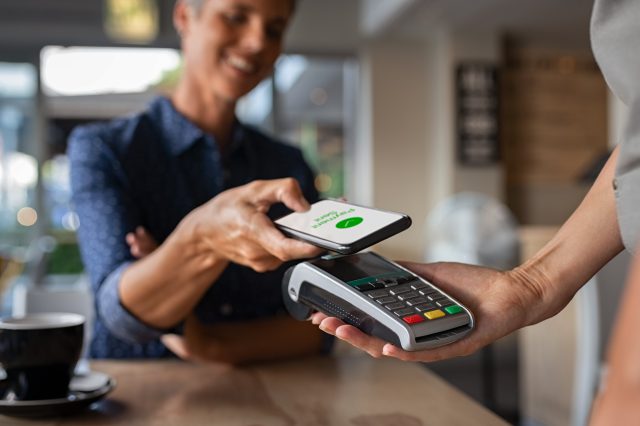Digital payments are forms of payment made online, via digital media, or the Internet. The most popular ones are debit or credit cards, which are available not only in a physical format but also in a virtual one that you may customize through the online banking application you use to manage your accounts or in a digital wallet.
The idea of cashless transactions is now so popular that it is usual to hear individuals discussing it. We’re moving toward a cashless society due to the growth of digital payment systems intimately related to e-commerce and changing consumer behaviors. Many people are beginning to think that digital payments may eventually displace cash due to this tendency. Examples include payments made via a QR code or mobile services like Bizum, Todo Pago, and CoDi. We may get to the latter via the online banking app. We may scan the code and select how we wish to pay in places where companies provide this feature.
Basic Understanding of Digital Transactions
There is a need for efficient solutions to simplify end-user procedures and transactions as investor and financial service user demands become more sophisticated. In addition, given the rise in the usage of automated services, it was inevitable that financial institutions would have to increase the number of digital services and offers.
As consumers look for less expensive alternatives to traditional financial services, organizations in the financial sector must adopt technology to survive. Through the digitalization of the end-transactional client’s eco-system, fin-tech businesses have taken the lead in revolutionizing the financial industry.
What Benefits Can Digital Transactions Offer?
Statistics predict that the demand for digital payments will continue to rise. There were 2,454 billion users in 2017, and 4,160 billion users were expected in 2022. Over 5,480 billion people are predicted to utilize them by 2027, enabling greater financial inclusion. The advantages that digital payments can provide contribute to this increase.
The first one is noted as being security. Digital payments lessen the possibility of theft and fake currency. These are two significant issues with money solved by its digital substitute. In addition, expenses and other financial activities may be readily tracked online. This benefits businesses as well since it encourages financial transactions to be transparent.
We have real-time and complete control over our expenditures owing to digital banking applications tracking payments. This is especially helpful when setting up budgets to manage our funds and help us avoid over-indebtedness, which will harm our financial stability.
Moreover, it is simpler and faster. Like many rapid money transfer services, all we need is the phone numbers of the recipients to share the cost of a meal between two people. We may send money to other people using a mobile phone app by following a few easy steps. Finally, it lowers the expenses related to producing money. Cash usage depletes natural resources, which is harmful to the environment.
The payment industry is, without a doubt, always coming up with new ideas to give customers more convenient and immediate payment options. However, this affects more than just the individual; it also contributes to the social gap being closed through financial inclusion. It can help the unbanked have access to microcredit and improve their banking, enabling them to control their spending and saving.

















